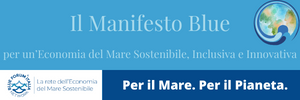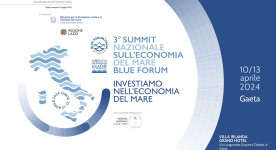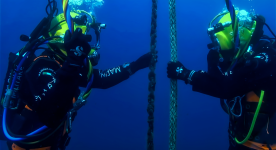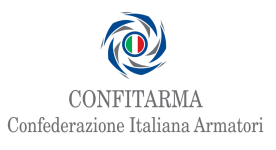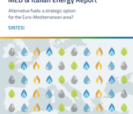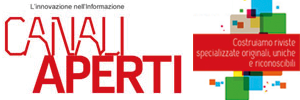Horizon 2020, the EU’s €70.2 billion framework programme for research and innovation in 2014-2020, was approved by MEPs on Thursday. Parliament amended it to improve support for small firms, attract more people into science and more scientists to join the programme, and earmark funding for non-fossil energy research.
“After lengthy negotiations and a great joint effort by all my colleagues, today we finally approved the Horizon 2020 package. I am very satisfied with the result achieved, which will promote scientific excellence in Europe, strengthen our industrial leadership and support Small and Medium-sized Enterprises with a total budget of 70 billion euro”, said Industry and Research Committee chair and Parliament’s lead negotiator on the five legislative files Amalia Sartori (EPP, IT).
The Horizon 2020 programme has three main pillars:
• Societal challenges (includes investments in health, energy, transport, climate action and freedom and security research projects),
• Excellent science (includes grants to top-level individual researchers, and investments in future technologies and training for researchers), and
• Industrial leadership (includes investments in biotechnology and space technologies, access to risk finance and support for innovative small firms), and
Support for small firms and energy
MEPs made it a target that at least 11% of the Horizon 2020 budget should go to small and medium sized enterprises (SMEs). Moreover, there will be a specialised SMEs department, with its own budget, to ensure that the programme’s calls for tenders are SME-friendly.
To further EU climate goals, MEPs earmarked 85% of the Horizon 2020 energy budget (around €5.4 billion) for non-fossil fuel energy research.
Attracting new people into research
Parliament’s negotiators ensured that around €750 million from the Horizon 2020 budget will go to measures to widen the group of researchers participating in the programme, e.g. by attracting new applicants or promoting networking of research institutions.
Parliament’s negotiators also ensured that over €400 million will go to “Science with and for society” projects to attract young students to take up careers in science, promote gender equality and encourage citizens to take part in science education.
Budget and next steps
The agreed budget for 2014-2020 is €70.2 billion (at 2011 prices). The biggest headings are “Societal challenges” (39% of the total budget), “Excellent science” (32%) and “Industrial leadership”(22%).
After Parliament’s vote, the programme needs to be formally adopted by EU member states too, in the coming weeks. The programme starts on 1 January 2014.






